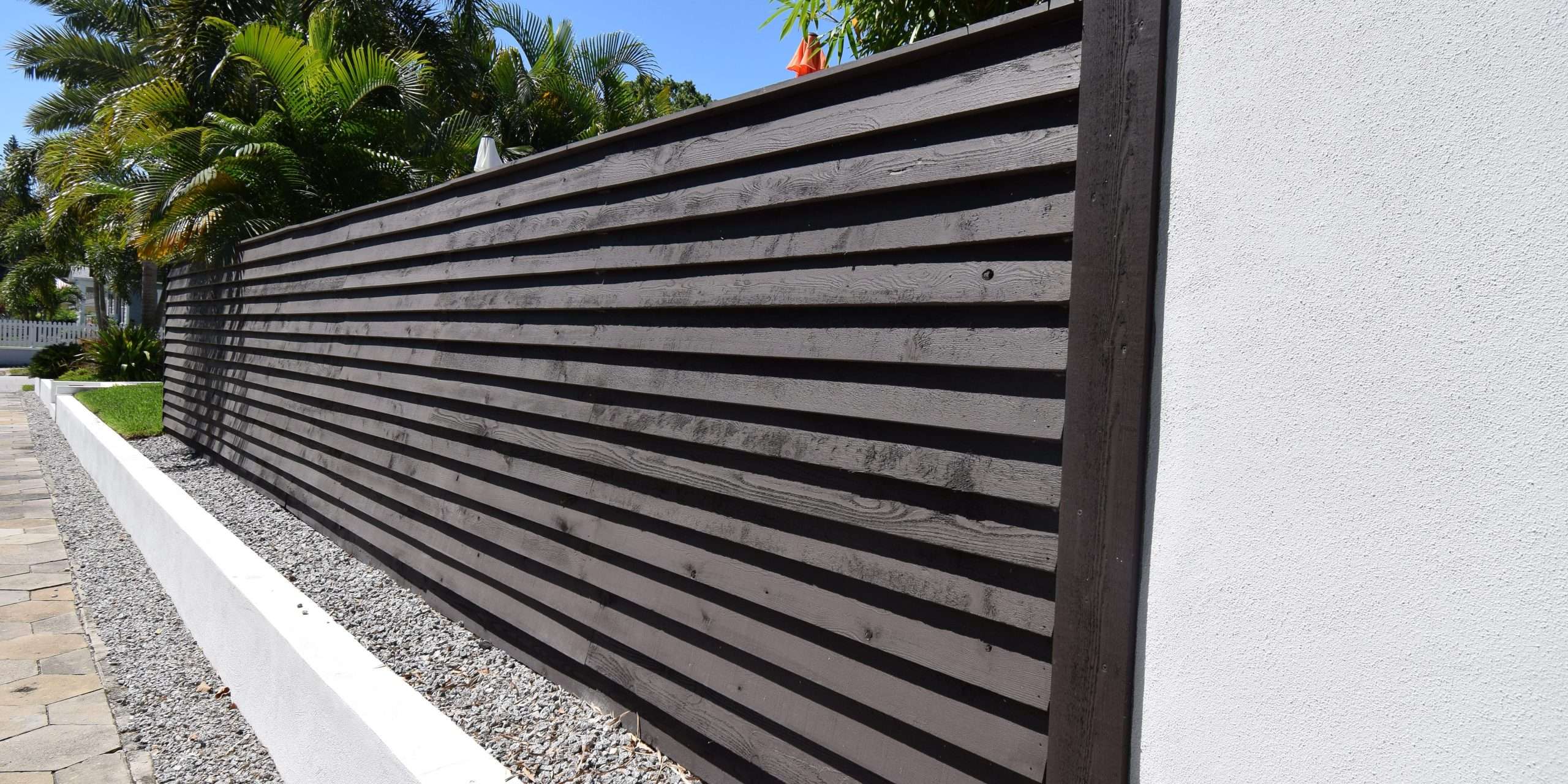There are multiple fence types and styles available today. With so many options available, it can be difficult to determine which is best suited to your needs and property. Here are some key things to consider before installing a fence around your perimeter this year to keep you well informed before making your decision.
Determine what you need
The primary function of any fence is to provide a barrier around a property. However, one of the first fence installation tips is to customize it to your specific requirements. These particulars can ensure that you’re getting the best option for your home. If you have pets, for example, you’ll need a fence with no gaps or sections where Fluffy can get through. A modern, anti-climb fence would be better suited if you are more concerned with security.

What Amount Would You Like to Invest?
A new fence can last for a very long time with proper installation and maintenance. But depending on the materials and style, some fences will cost more than others. For example, chain link fences are typically more expensive than vinyl fences. Always keep your budget and level of investment in mind to avoid becoming too fixated on a style that is not practical for you.
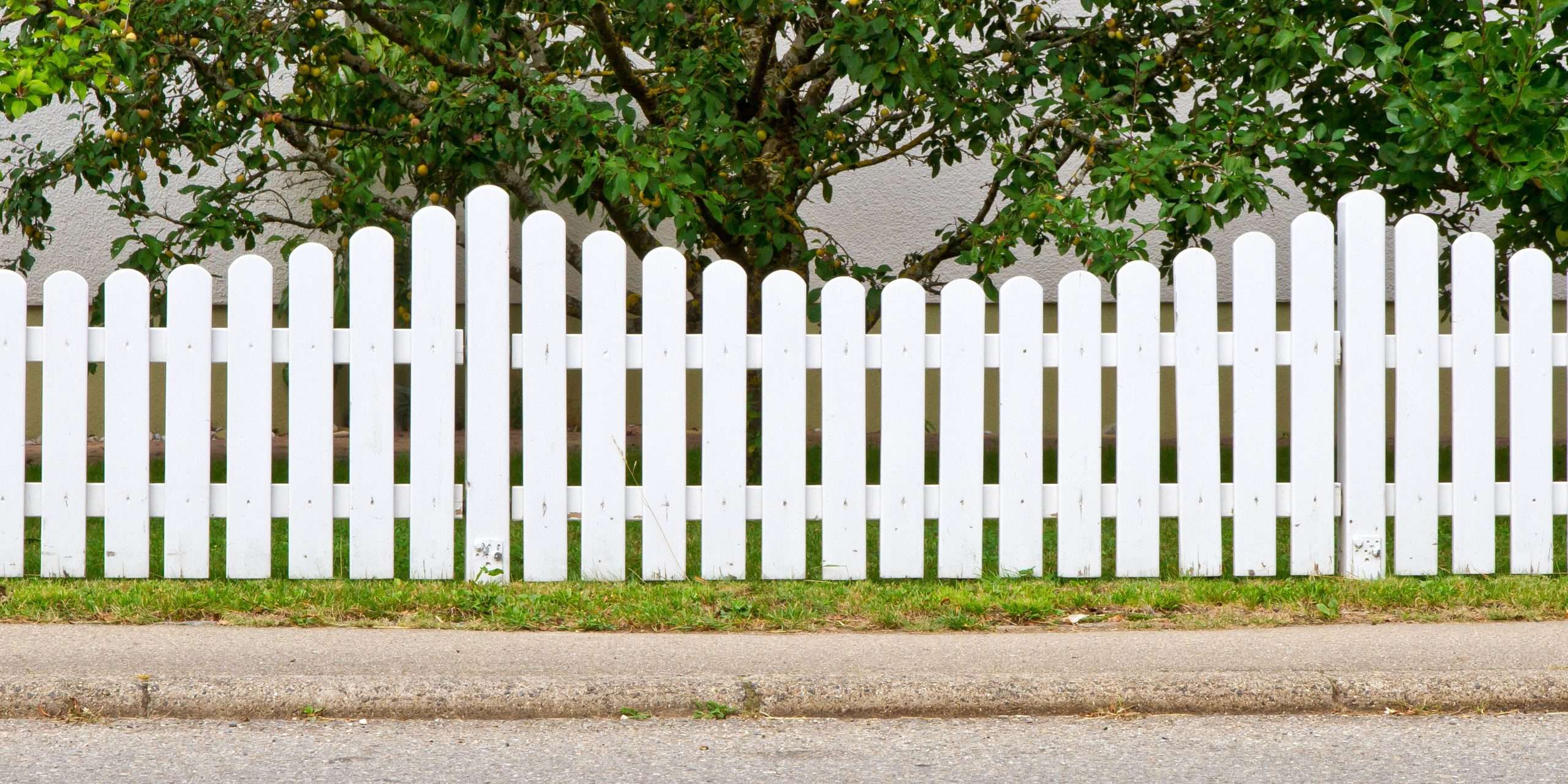
Consider Your Environment and Climate
Because the fence will be exposed to the elements at all times, it is important to consider your location and climate. Certain materials will withstand extreme weather better than others, while others will deteriorate more quickly. Because of their structure and the materials used, iron fences typically last the longest. Your fencing contractor can advise you on the best materials for your situation.
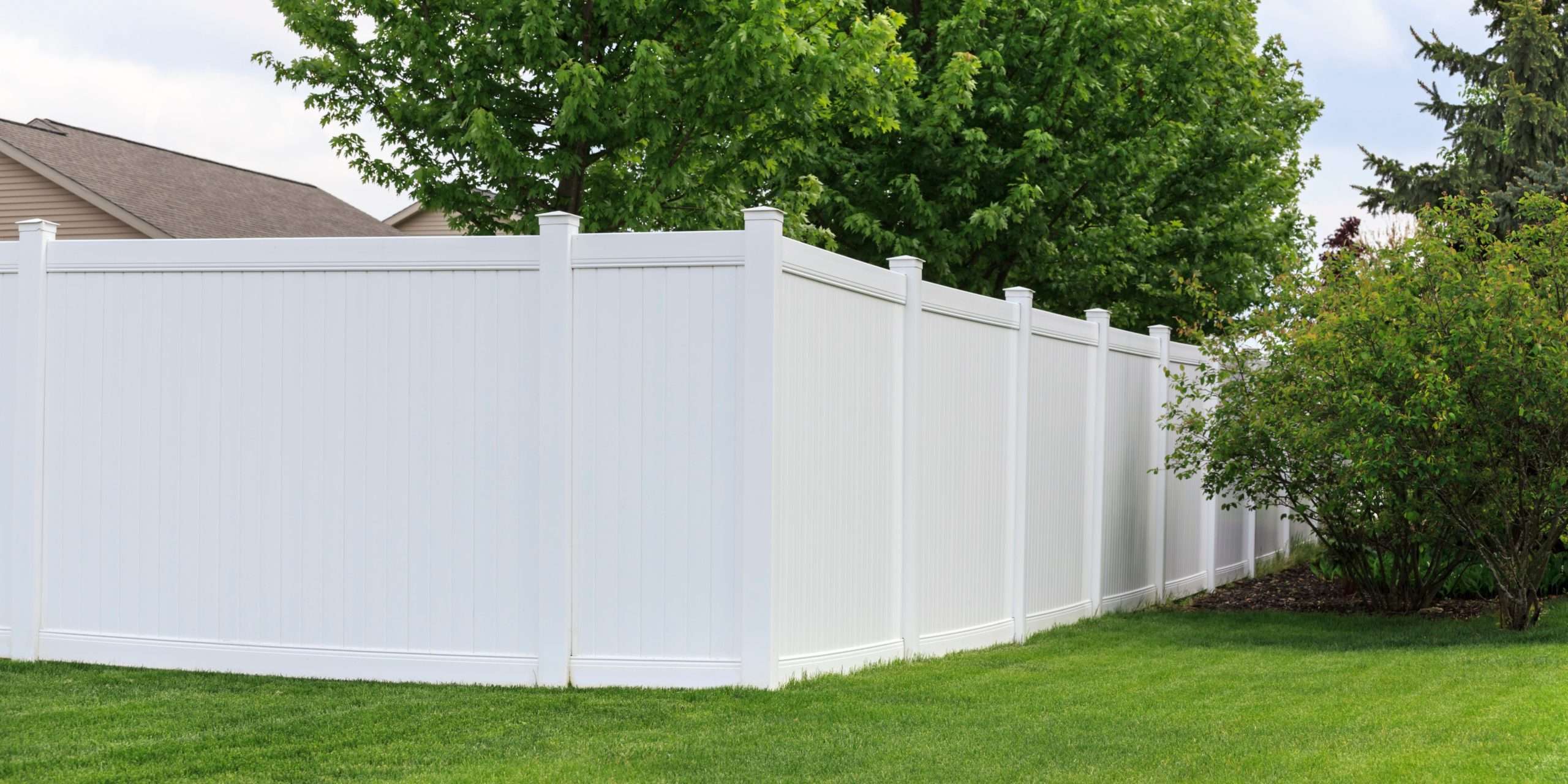
Think about Fence Maintenance
Are you ready to give your fence a little attention to keep it in good shape? If not, be sure to choose something that is completely honest and reasonable. Even though you might love your wooden fence, there might be better options that require less maintenance.
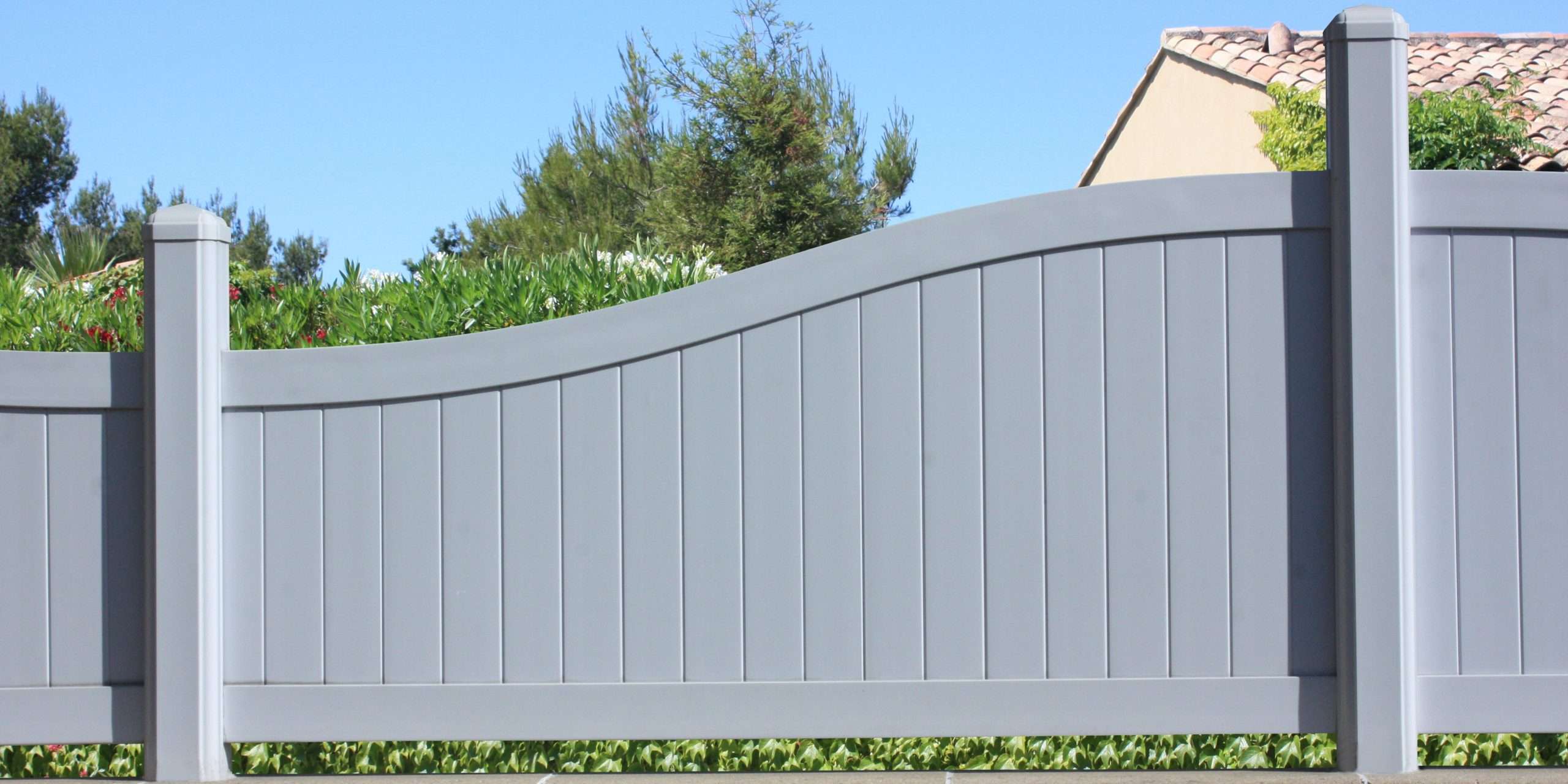
Consider Your Home's Design
A country-style white picket fence set against the backdrop of your contemporary-style home may end up being an eyesore and negatively impact your curb appeal. To ensure that everything flows and is aesthetically pleasing, we recommend sticking to a theme that matches the architectural style of your home.
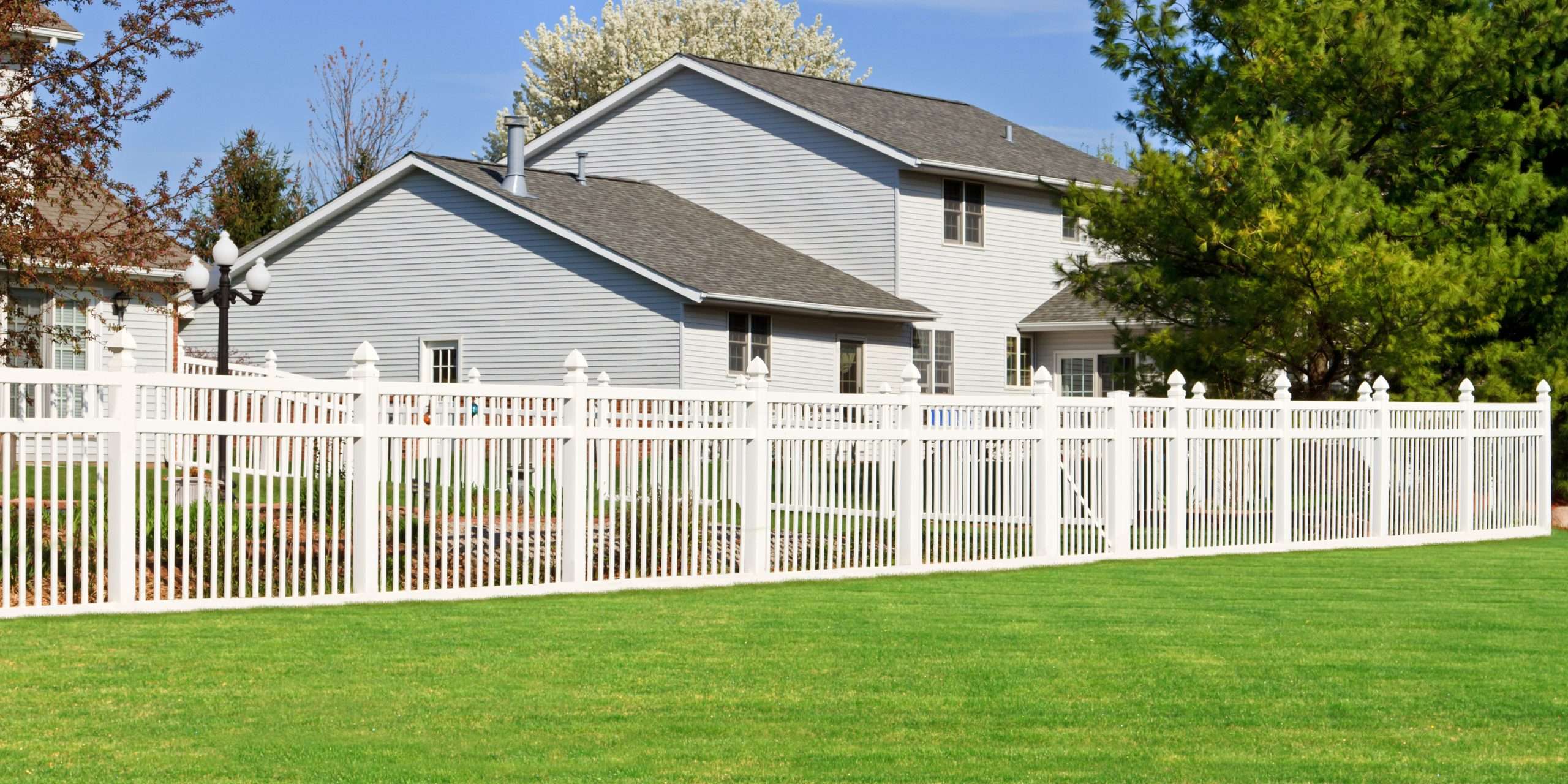
Design a Landscape Plan
Examine the current location of your vegetation. Most fence companies are able to work around vegetation. However, if you need to remove some plants, try to anticipate these obstacles ahead of time. Consider your future landscaping plans as well. You can discuss this with your contractor to ensure that your fence choice complements your vision.

Consider the Bylaws
While professionals are familiar with fencing laws, it is important that you are also familiar with them. In Ottawa, for example, a building permit is not required. Still, you must follow the Fence By-law 2003-462, which establishes a “good neighbor policy” in which the better side of the fence must face outward to the neighbors or the street.
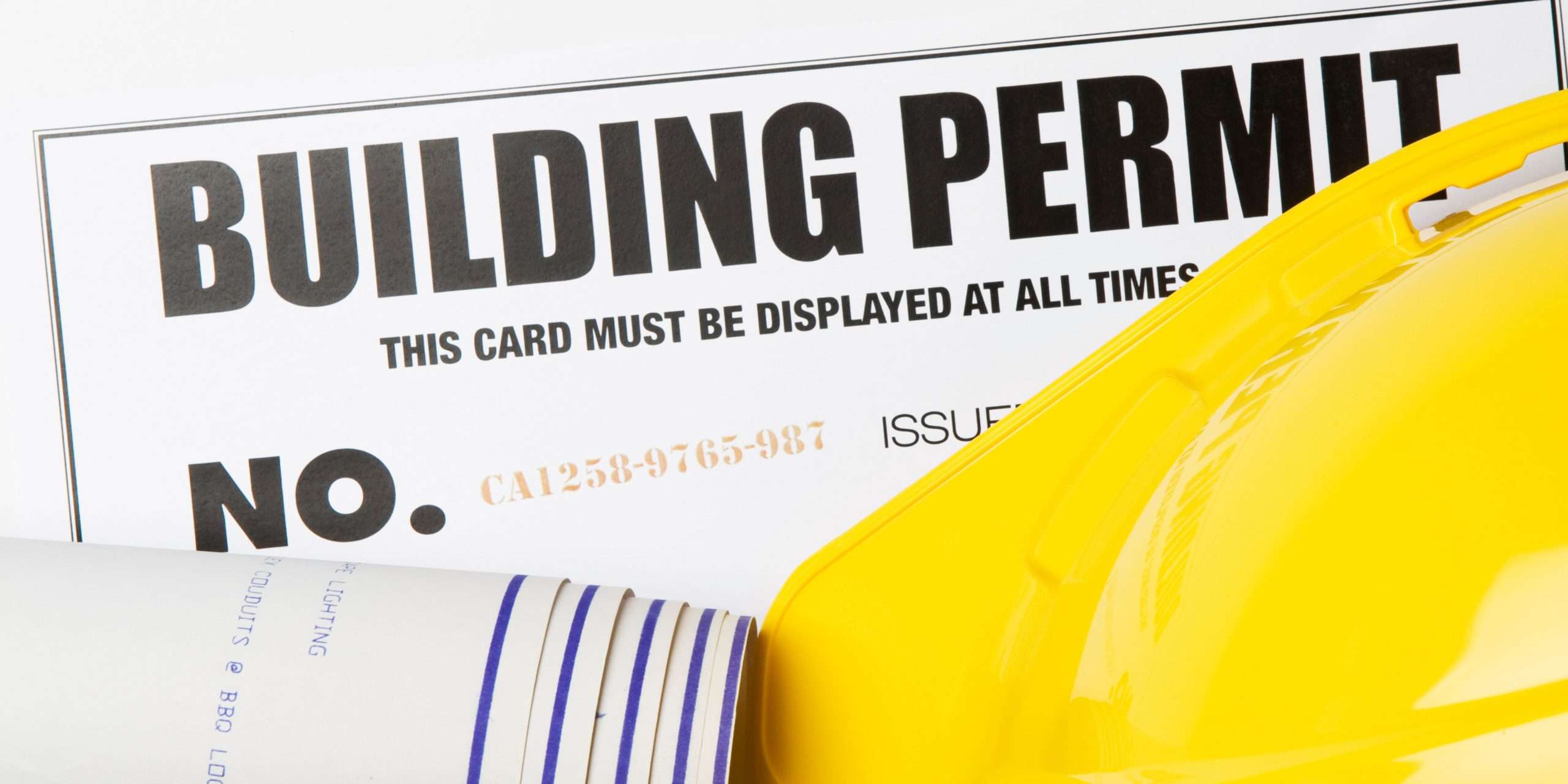
Preparation for the Fence Area
Make sure your fence can go where you want it to before beginning your project. Call a land surveyor to mark the boundaries of your property. Your fence should ideally be placed on your side of the line or the dividing line.
Get your gas company to record the underground locations that installers and diggers must avoid as well. As a result of the legal requirement, many contractors will likely ask for this information from you, so consult yours first.

Talk to Your Neighbors
It’s a good idea to speak with your neighbors before installing new fencing between your property and theirs. While this is not a legal requirement, it can help you in maintaining a positive relationship and ensuring that your project does not cause any issues. It would also be beneficial to inform them of the installation date so that they can plan for noise and keep pets and children out of the yard for the duration.

Hiring Experts
Look into various contractors in the area. Look through images of the work they’ve completed, and read online reviews to learn more about the business. Look for comments that are complimentary about the quality of the work and the level of customer service. Look for licensed professionals because their credentials are supported by these certifications. Additionally, certified professionals frequently have insurance. Gather several estimates from different installers to compare prices and help you decide.


